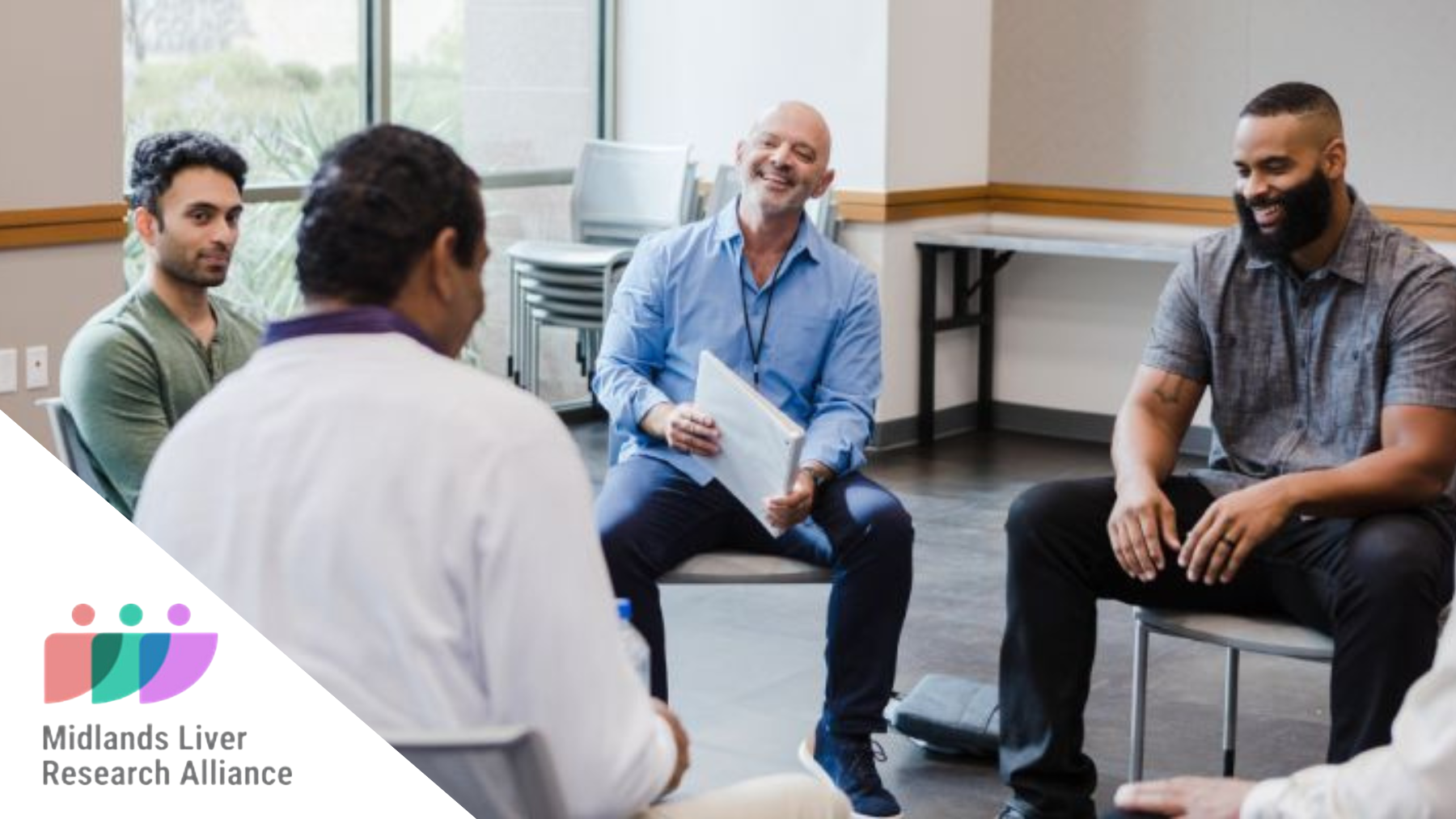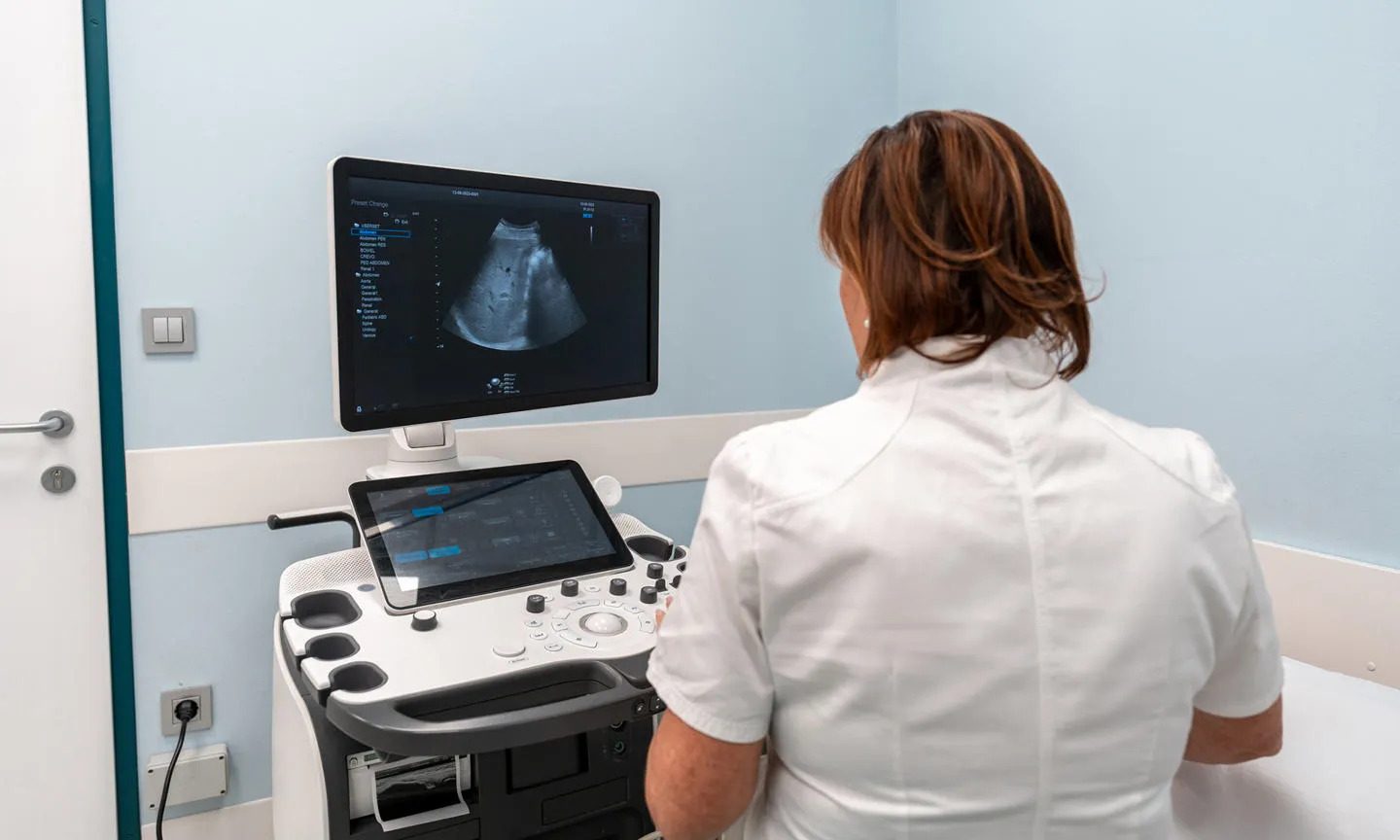Home » News and events »
For the new Midlands Liver Research Alliance, listening comes first

Levelling-up our understanding of liver disease is the aim of the new Midlands Liver Research Alliance, a new research partnership between the NIHR Birmingham, Leicester and Nottingham Biomedical Research Centres (BRCs).
The Alliance has been set up to work with the public and healthcare professionals to identify research priorities around liver disease.
The Alliance is now reaching out to people who may be affected by liver disease, inviting them to shape their future work.
Kerry Hulley, Midlands Liver Research Alliance Operational and Engagement Lead, said: “We want to hear from people about their experiences of living with liver conditions such as non-alcoholic fatty liver disease (NAFLD), and understand the issues and symptoms which most affect them.
“Only through hearing about peoples’ experiences can we determine research priorities, develop and test new screening, diagnostics and treatments, and create resources appropriate for the people most affected.
“We would especially like to talk to people in rural and coastal areas who have not had specialist services for their liver conditions on their doorstep. We also want to hear from people who have used healthcare services for NAFLD treatment.
“The Alliance covers the whole of the Midlands, so if you live in this region, have, or feel you may be at risk of liver disease, please get in touch.”
To do so, email MidlandsLiverResearchAlliance@uhl-tr.nhs.uk.
Professor Phil Newsome, Director of the NIHR Birmingham BRC, said:
“The Midlands Liver Research Alliance is an exciting project that allows for the roll out of our liver trials expertise across the region. It’s a valuable opportunity to access and benefit underserved communities, and we’re looking forward to collaborating with our colleagues across the Midlands to optimise liver disease research.”
Professor Guruprasad Aithal, Co-Director and Theme Lead at the NIHR Nottingham BRC, said:
“People with non-alcoholic fatty liver have multiple chronic conditions which affect their lives. Only by bringing experience from different disciplines together we can alleviate this mounting burden.”
James King, Senior Lecturer in Exercise Physiology at Loughborough University, said:
“For such a long time we have known that obesity is a leading risk factor for chronic liver disease. It’s fantastic that we now have a partnership that is committed to addressing the most important problems facing patients and healthcare professionals in the area of obesity-related liver disease.”
What is non-alcoholic fatty liver disease (NAFLD)?
Early-stage NAFLD (also called MASLD after a recent change in nomenclature) does not usually have symptoms, but it can lead to serious liver damage, including cirrhosis, if it gets worse.
It is commonly linked with excess weight and type 2 diabetes, and has been shown to increase the risk of heart disease in people with diabetes.


